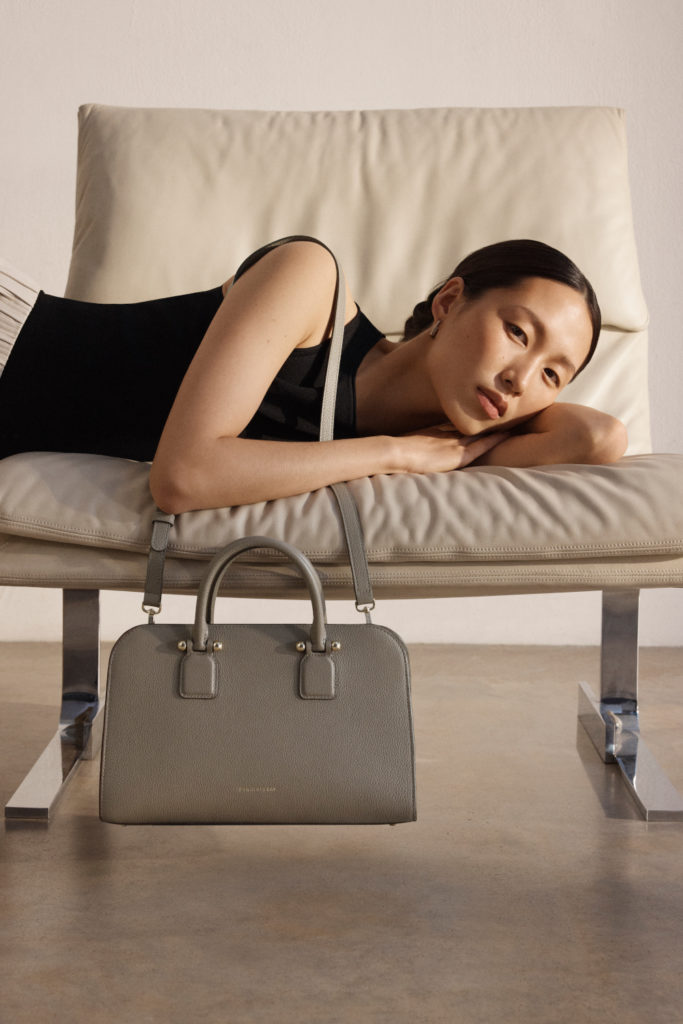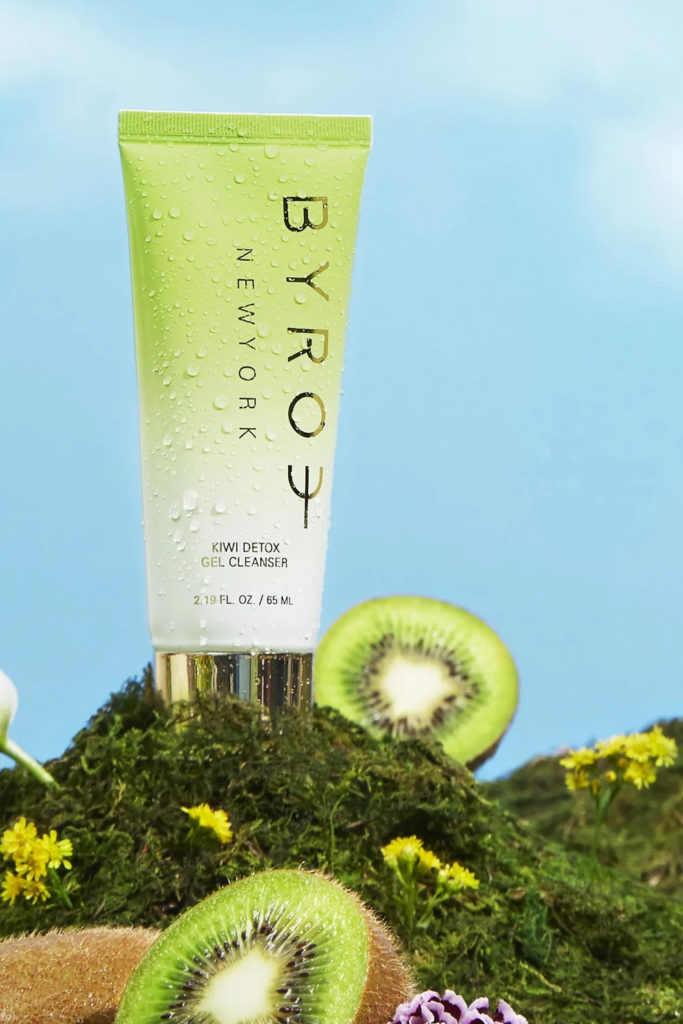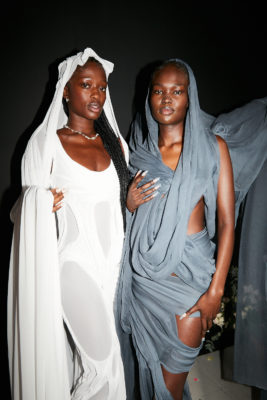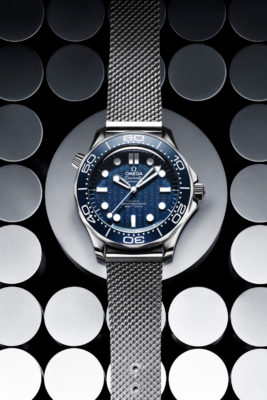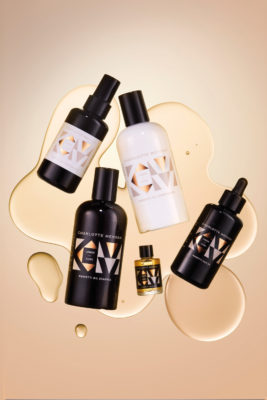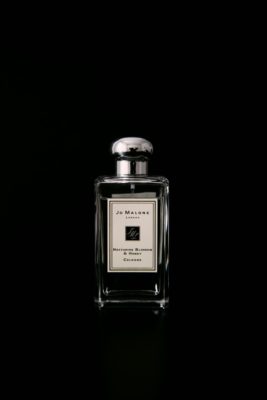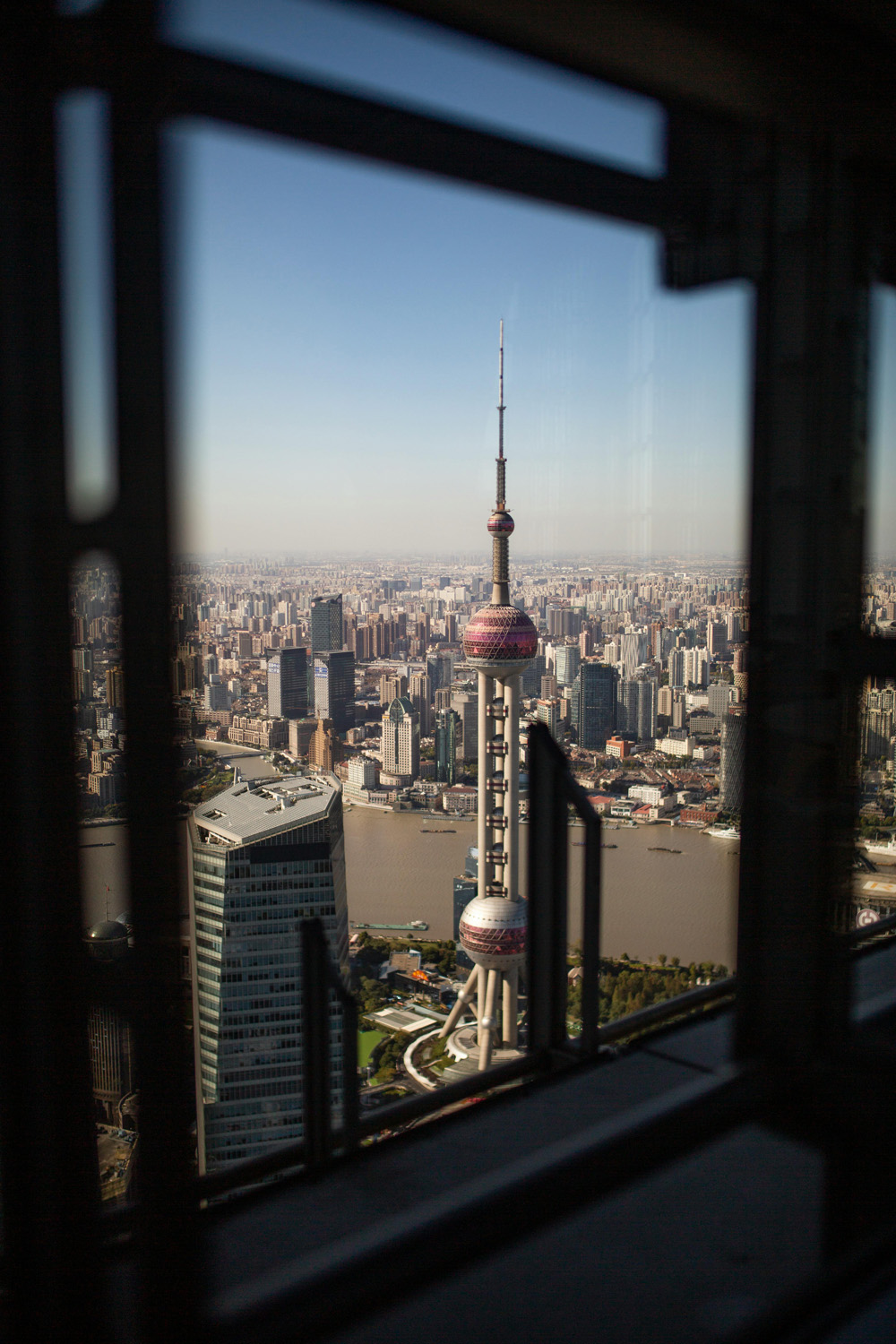
What Can Luxury Brands Learn From China?
By
6 months ago
10 things you need to know
Chloé Reuter is a luxury brand strategist, entrepreneur, and advisor known for her deep expertise in connecting global luxury brands with Asian markets – and she was a speaker as part of our Great British Brands breakfast series, to share what British luxury brands can learn from China’s industry. Originally from Luxembourg and the UK, Chloé studied Chinese and Japanese at Durham University and the People’s University of China, and worked in Tokyo at Bloomberg and Reuters TV before moving to Shanghai, where she founded Reuter Communications in 2010, a leading luxury communications agency. The business was acquired by Gusto Collective in 2020, where she now serves as Founding Partner.
Chloé is also a sought-after keynote speaker on topics like luxury and entrepreneurship, known for her emphasis on kindness and diversity as pillars of business success. Here are her key takeways.
10 Things British Luxury Brands Can Learn From China
1. Luxury In China Is Relatively New
If you think about people’s experience with luxury in Europe, it’s very different. Here, people have grown up to desire luxury, but it’s not a thing that you do on a daily basis. It’s something that is aspirational. It’s a special occasion. There’s theatre around the idea of going into a luxury store and purchasing something.
In China, forget it. China is just everyday luxury. Every day people are popping into luxury brands, interacting with luxury brands, and it’s much more democratic actually than luxury is in the UK.
2. Luxury In China Is About Entertainment
…And the bar is set incredibly high. If you think about the way China’s developed in the last two decades, you’ve got some incredible retail spaces the likes of which we don’t have in Europe. For example, SKP is one of the top Chinese luxury malls and they have them all over China. They are meccas to luxury. And this is just one example. You have dozens and dozens of others.
In comparison, you walk down Bond Street and you’ve got this little – albeit gorgeous – street with smaller stores compared to this sort of experience in China where you are coming in for pop-ups and immersiveness. For example, there is store called Gentle Monster from South Korea which sells glasses. They have a new store in Shanghai and on the entire first floor, there’s a rotating art installation and a permanent installation. There’s not one pair of glasses until you go upstairs.
Everything you think about when you walk into a shop in terms of what you might experience, is completely different. This is what they’re used to in China – being entertained. Purchasing something is perhaps even an afterthought because they’re first and foremost coming in to interact with these sorts of experiences.
3. The Codes Of Luxury In China Are Different
Chinese luxury is much more democratic than luxury in Europe. In Europe, you have this guard at the door and you feel like, ‘do I really want to go in?’ In China it’s much more open, because often your first experience with the luxury brand is through a popup, which are often very playful and gamified.
4. Live Streaming
Live streaming is a huge thing in China. It’s how people spend their Friday nights: hanging out with friends, watching live streams, interacting, engaging with that celebrity who might be live streaming, and purchasing. Everything is about entertainment.
There’s a guy who is called ‘the Lipstick King’, which is in itself unusual – a man selling lipstick first of all, but in China, that’s not a big deal. In his live streams, he shifts millions and millions of pounds worth of product in hours. He has a massive fan base and people will purchase what he’s selling.
5. Consumers Are Way Ahead
Consumers in China are not so different than the rest of the world – but they’re way ahead. So it’s worth thinking about luxury differently. It’s not necessarily about provenance, craftsmanship and heritage, though of course that’s important. People today, though, want to be entertained and they want experiences.
The Chinese ecosystem lends itself really well to supporting this new type of luxury. The infrastructure of China – the fact that in the last 20 years they’ve built 100 airports, they’ve built all these shopping malls – means that everything is coming together to provide ultimate convenience for luxury. And that means logistics and e-commerce.
Also, everything is so flawlessly integrated. You are probably seeing something in a store, but then it’s popping up on your live stream. And then let’s say you order it and everything is integrated. You never have to put in your address or your three digits from your card, and the logistics system is so brilliant that you’ll receive it the same day and it costs $1 to get this thing shipped. Everything is really, really efficient.
6. Intellectual Sophistication
The new luxury today in China is intellectual sophistication. In the past you would have influencers who were photographed with, let’s say, their latest Prada bag. Now they’ll be in front of an Andy Warhol reading a poem holding the bag. It’s all ‘look at me, I’m very intellectual and educated’. And so there are many offline bookstores in China today. Which is curious when you’re in the most digital market in the world, and yet there are all these incredible bookstores that are sculptural, insane architectural feats, filled with books. People queue for hours to get their books signed by their favorite authors. They read them there.
Brands are really paying attention to this intellectual sophistication and so instead of just selling products, it’s how are they helping people to be better versions of themselves. Tiffany, for example, is very into sports in China. It might seem random. Well, not so random when you learn that they sponsor the Shanghai Marathon and do lots of fitness activities.
Louis Vuitton also does great things like a podcast series, where they find really interesting authors, photographers and architects, and interview them about their visions of Shanghai and what they do.
Prada, too, has done a great job of creating relevance. They took over this huge old building in Shanghai and renovated it beautifully and now use it as their cultural centre for exhibitions, performances and markets and family days in the middle of Shanghai. They give people an experience and they’re building this product community. And then the brand affinity comes in after, and hopefully they’ll sell product. But first and foremost, it’s how are they also giving back to people.
7. China Is Overwhelming
China is very overwhelming, even for big brands. It’s so expensive and so complex because there is the great firewall in China, so no Instagram, YouTube, Facebook, Google, New York Times, BBC, etc.
But there is the most amazing Chinese digital ecosystem, which is way smarter. The Chinese went directly to social media on a mobile phone. They didn’t have computers because it moved all so fast in China, so don’t bother building a website in China. No one goes onto a website, but make sure that people can find you on Red, which is an amazing social media platform or Douyin, which is China’s TikTok.
For smaller brands, it means that there is a really brilliant digital ecosystem which is a great opportunity because you can build your communities with smaller budgets on these dedicated social media platforms. You have to create official accounts and depending on what kind of platforms, you might need business licenses in China.
8. Europe Is Still Interesting
The Chinese are still very interested in brands from Europe. There’s definitely a huge appreciation for those heritage brands. But the biggest challenge is: why should people care about your brands? And so how is luxury relevant? There are good examples of how to address this.
Louis Vuitton, for example, did a beautiful campaign. They visited Jingdezhen, which is the centre of ceramics in China. They also visited the Palace Museum, in the Forbidden City and they identified these colours that were really key during different dynasties. Inspired by this colour scheme with these old ancient ceramics, they then developed this beautiful Chinese/New York collection. As a Chinese luxury consumer, this really spoke to them and was a way to tap into great cultural pride.
9. China Is Inspirational
Brands need to look to China for inspiration and decode the old thoughts about what makes luxury luxury. Chinese consumers are going to make up 50 percent of all luxury spend within the next few years.
10. The Sustainability Agenda
China has a big agenda on sustainability, and is making huge headway when it comes to emissions. If you go to Shanghai now, almost every car is an electric car. But when it comes to fashion, you wonder if it’s so important. Yes, people talk about it, but is that really an impediment to purchasing something if the brand is not driving down emissions? It’s doubtful, so that’s a bit of a contradiction. But people are more conscious about it for sure, and the great thing in China is that when the government wants something to happen, wow, it happens.
Chloe Reuter has over 20 years’ experience in Shanghai, working with many of the world’s leading luxury brands, including Harrods, Selfridges, Fortnum’s, Sotheby’s and Aman Resorts, helping them to understand and thrive in China. She founded Reuter Communications in 2010, a specialised luxury communications agency, which was acquired by Gusto Collective in 2020, a Branding and Technology holding group.
Chloé is also actively engaged in various women’s initiatives globally. She is a frequent keynote speaker in English, French, and Chinese on topics of Luxury and Entrepreneurship. Her influence extends to advisory roles on boards such as Durham University Business School and luxury brands. Chloé is now based in London.



